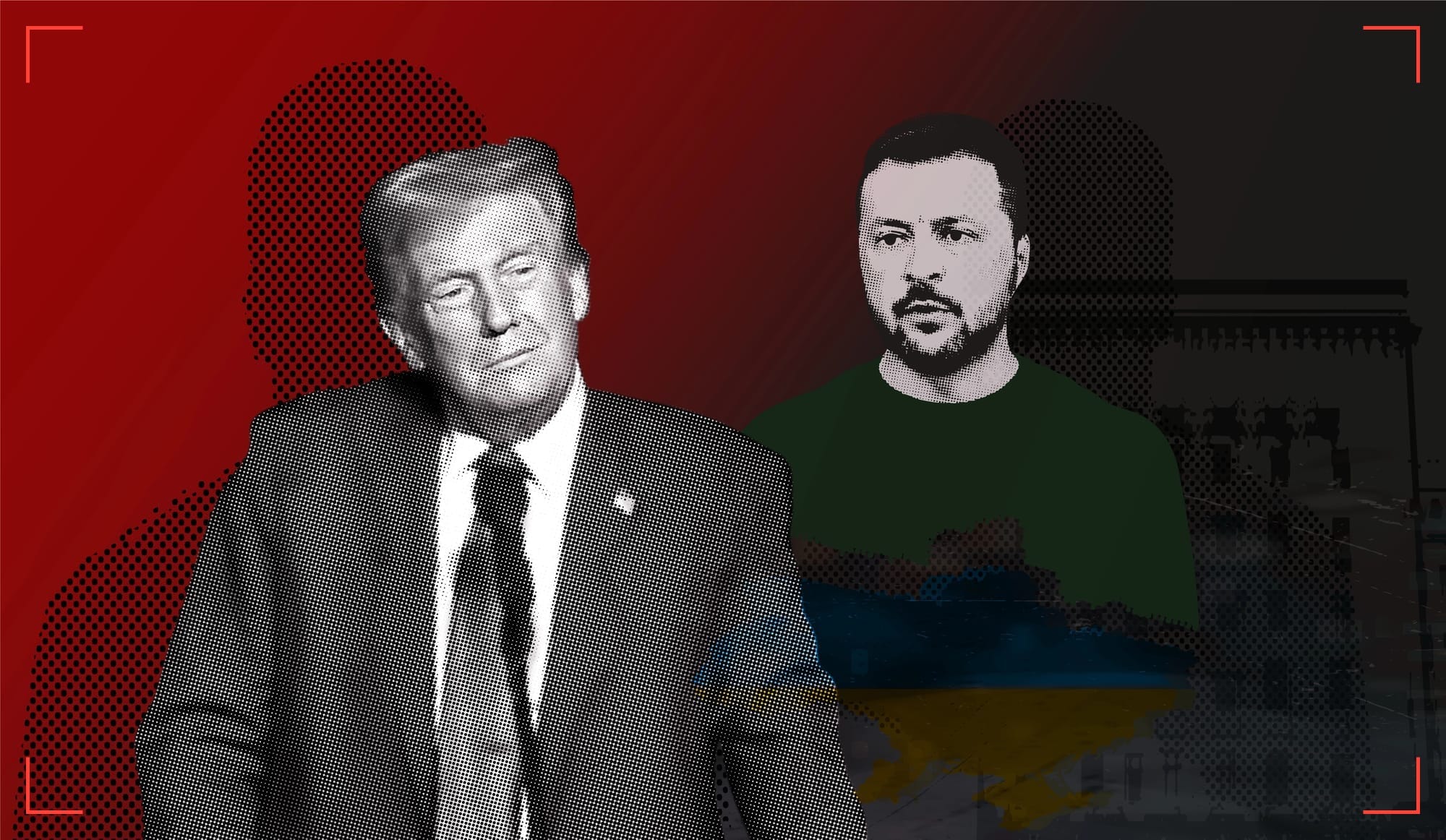
Table of Content
Remaining content is for members on Charter Member only.
Please subscribe to Charter Member and unlock this article and more content.
Subscribe Now
Please subscribe to Charter Member and unlock this article and more content.
Subscribe NowPlease create a free account to become a member and join the discussion.
Create a FREE accountStay up to date with curated collection of our top stories.